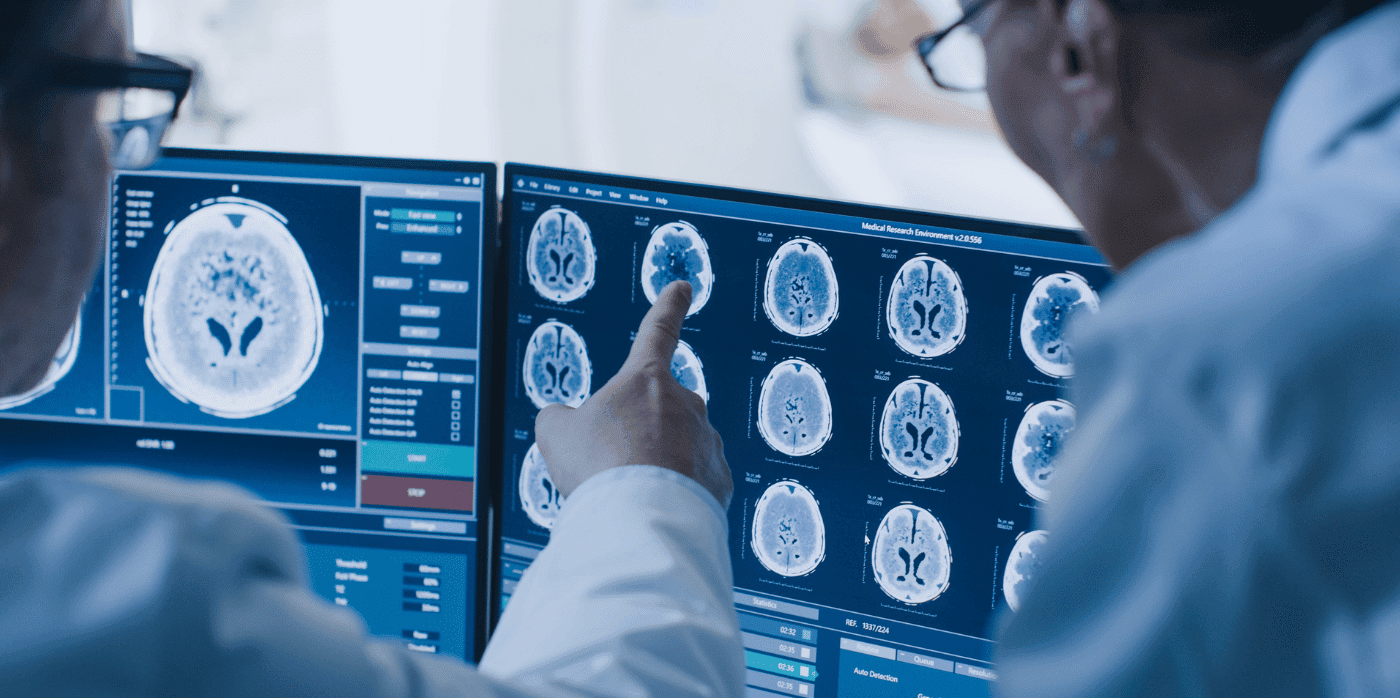
Spotted: In 2021, the use of artificial intelligence (AI) in healthcare reached a global market size of $11 billion (around €10.4 billion). Researchers expect that figure to continue growing and surpass $188 billion by 2030 (around €178 billion). As of 2021, around a fifth of healthcare organisations around the world were in the process of introducing the technology to some part of their workflows.
In Brazil, healthcare technology company NeuralMed provides an AI-powered diagnostic tool for prioritising patients in care pathways. NeuralMed’s algorithm reads a variety of documents, including plain text, PDFs, X-rays, EKGs, and CT scans. After analysing the information, the system lists patients in order of urgency. The process reduces the amount of time it takes a patient to see a doctor after undergoing testing. Patients with an abnormality identified in screening results are automatically moved to the top of the list of clinical priorities.
The NeuralMed team emphasises that the role of doctors is paramount in healthcare and that the AI is a powerful tool of assistance, not a replacement for human expertise. NeuralMed provides its AI through two programmes that easily and quickly integrate with an organisation’s existing technology infrastructure.
TrIA helps accident and emergency teams sort patients by the seriousness of symptoms after initial scans and further improves a doctor’s effectiveness by ensuring that the most at-risk patients on their list for the day are seen first during each shift. HarpIA has two options, BI for the creation of a historical database of patient data and Assist for day-to-day record keeping.
AI in healthcare is an exciting area of innovation, with projects in Springwise’s database highlighting the ways the technology is helping diagnose kidney disease from photos of the eye and confirming breast cancer diagnoses by speeding up the medical review process.
Written By: Keely Khoury

